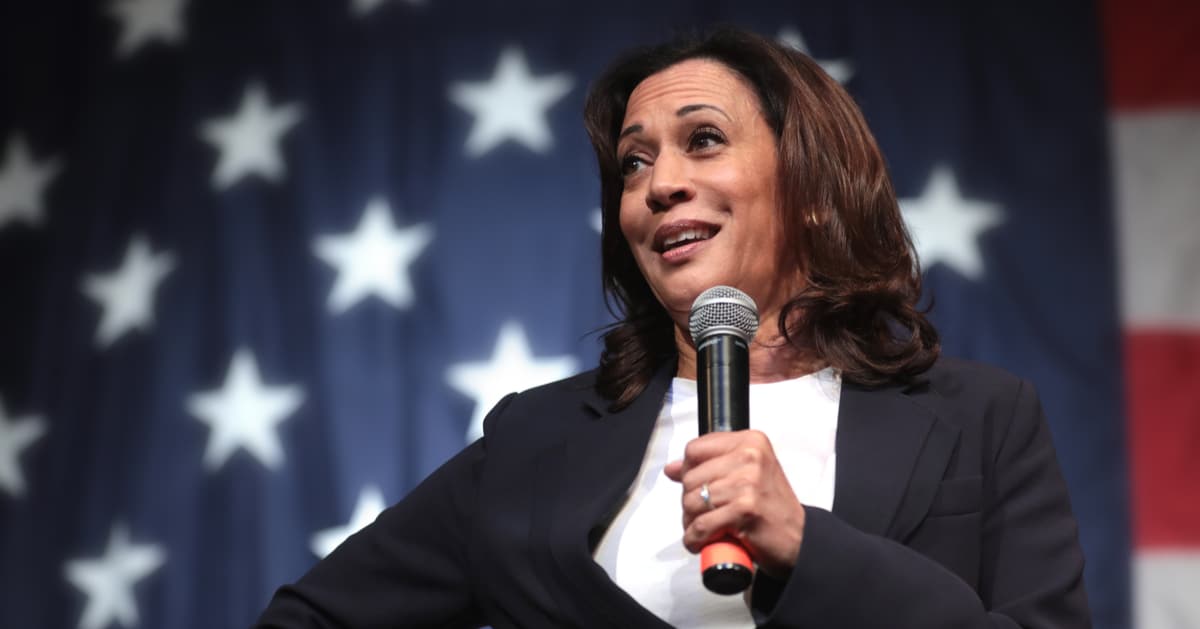The Epoch Times reported that multiple state Secretaries of State argue that President Biden's Executive Order oversteps constitutional limits on federal powers, hinting at potential legal confrontations.
The order has met substantial resistance, particularly from GOP-led states, with West Virginia's Secretary of State Mac Warner vocally criticizing the federal government's moves.
According to him, this overreach not only contravenes the U.S. Constitution but also disrupts established state processes for handling elections.
Constitutional Controversies Surround Voter Registration
At the heart of the contention is Article 1 Section 4 of the U.S. Constitution, which usually grants states the authority over their own electoral proceedings. President Biden contends that the federal government has a duty to facilitate voter registration and election education, a stance solidified by his executive order. However, this has been counteracted by claims from state officials who assert that the order ignores constitutional mandates and precedence.
Officials from 15 states including Alabama, Arkansas, and Georgia among others, supported by Warner, have expressed their disapproval toward the federal government's directive. They argue that it not only overrides state autonomy but also could lead to duplicated efforts and voter confusion, thereby complicating the electoral process rather than streamlining it.
As stated by Mac Warner, the intent of maintaining nonpartisan and state-centric voter registration is clear, and any federal overreach will be contested, potentially to the Supreme Court.
Details and Opacity of Federal Voter Registration Plans
Despite the order being in place since 2021, the specifics of how it is to be implemented remain partially undisclosed, stirring suspicions and defensive postures among state officials. This vagueness, according to Mississippi Secretary of State Michael Watson, significantly hampers transparency — a critical component in electoral integrity and trust.
Federal agencies, including the Departments of Health and Human Services (HHS) and Housing and Urban Development (HUD), have already begun initiatives to foster voter registration, in alignment with the executive order. Furthermore, the U.S. Marshals Service is updating its protocols to ensure that jails assist in voter education and facilitate absentee voting.
However, the execution of these plans has reportedly been marked by a lack of clear communication with state election authorities, fostering frustration and heightened scrutiny from state officials.
Legal and Political Implications of Federal Involvement
The overarching theme from the opposition centers around a profound concern over federal intrusion into a domain typically operated by states. This, according to Warner, represents a direct challenge to the principle of state sovereignty as prescribed by the National Voter Registration Act.
Michael Watson's interactions with the White House have revealed a deliberate opacity concerning the execution plans of this order, marking a contentious point particularly as it aligns with election cycles. Warner reflects this sentiment, describing the timing and approach of the federal government as both suspect and politically motivated.
The assertion is that this federal intervention could inadvertently affect the integrity and nonpartisanship of voter registration, thus potentially influencing electoral outcomes in favor of specific demographics or political leanings.
What the Future Holds for EO 14019
In response to these challenges, state officials are gearing up for a robust defense of their electoral autonomies. The ongoing debate encapsulates significant issues about federalism, electoral integrity, and the balance of power between state and federal governments.
As legal strategies are formulated and political lines drawn, the coming months are likely to be filled with legal proceedings and further public discourse over the proper role of the federal government in state electoral processes. The outcome of this confrontation could have lasting implications on U.S. electoral practices.
To recap, President Biden's Executive Order 14019 designed to enhance federal involvement in voter registration has sparked significant backlash from multiple state governments. This issue raises constitutional questions, brings forth legal challenges, and fuels a broader debate on federal versus state powers in electoral processes.








